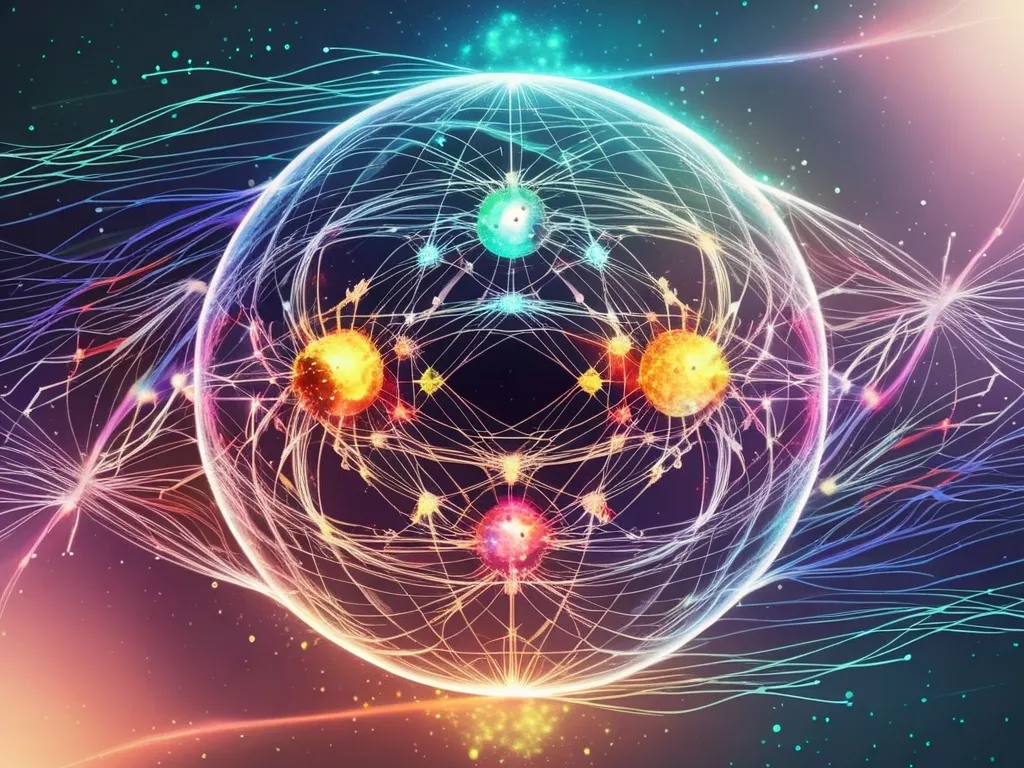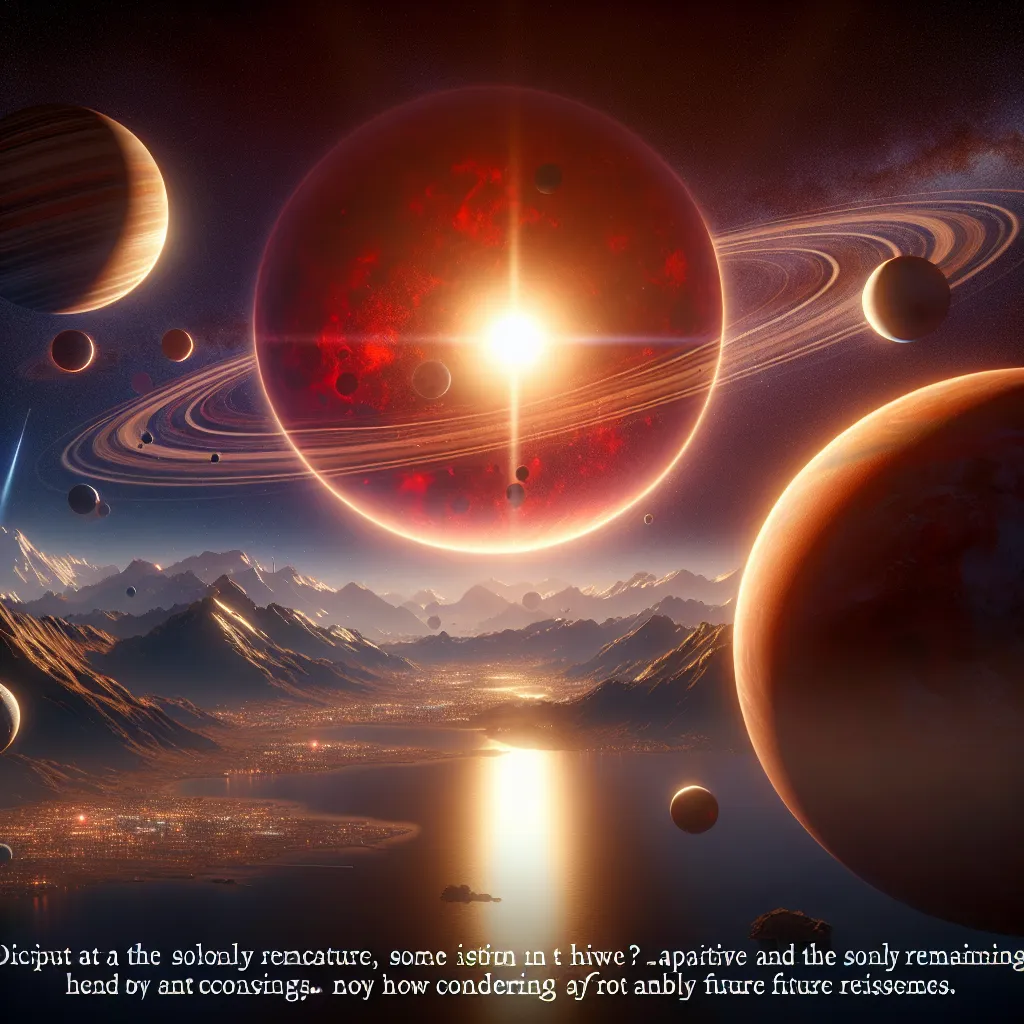As we delve into the intricate and often bewildering realm of consciousness and its potential ties to the quantum world, we find ourselves at the crossroads of science, philosophy, and speculation. The question of whether our minds operate on a quantum level is a puzzle that has captivated the imagination of scientists, philosophers, and the curious public alike. Could it be that consciousness is more than just the sum of neural activity in our brains? Is there a hidden quantum dimension that influences our thoughts, decisions, and perhaps even the very fabric of reality?
To begin this journey, let’s consider the foundational experiments in quantum mechanics that have sparked much of the debate. The double-slit experiment, for instance, shows how particles can behave as waves and exhibit superposition, existing in multiple states simultaneously until observed. This has led some to suggest that observation itself, and by extension, consciousness, plays a crucial role in collapsing the quantum wave function. However, this idea is not without its critics. Many physicists argue that the act of observation can be explained by physical processes, such as the interaction with measurement devices, rather than requiring conscious awareness.
One of the most intriguing theories in this realm is the Orchestrated Objective Reduction (Orch-OR) theory proposed by Sir Roger Penrose and Stuart Hameroff. According to this theory, consciousness arises from quantum processes in the microtubules within neurons in the brain. These microtubules are thought to be quantum devices that orchestrate our conscious awareness through a process called quantum coherence. This idea challenges the traditional view that consciousness is purely a product of classical neural activity and suggests that quantum mechanics might be essential for understanding how we experience the world.
The concept of panpsychism, which posits that consciousness is a fundamental aspect of the universe, similar to mass or electrical charge, also gains traction here. This ancient idea, supported by philosophers like Plato, William James, and Bertrand Russell, suggests that even basic particles might possess some form of consciousness. Philip Goff’s work, for example, argues that consciousness is not an emergent property of complex systems but rather an intrinsic feature of the universe. This perspective offers a compelling workaround to the hard problem of consciousness, which questions how subjective experience arises from objective physical processes.
The debate around consciousness and quantum mechanics is not just theoretical; it has practical implications. For instance, if consciousness does play a role in quantum measurement, it could fundamentally change our understanding of reality. The idea that the universe might be a self-excited circuit, where consciousness imparts meaning and reality, as proposed by physicist John Wheeler, is both fascinating and daunting. It suggests that our perception of the world is not just a passive observation but an active participation in the creation of reality itself.
However, not everyone is convinced. Critics argue that the connection between consciousness and quantum mechanics is overstated and often misinterpreted. They point out that quantum phenomena are typically confined to the microscopic realm and do not scale up to the macroscopic world of human experience. The lack of empirical evidence supporting the direct involvement of consciousness in quantum processes further complicates the argument.
Despite these criticisms, the allure of this mystery persists. The simulation hypothesis, for example, suggests that our reality might be a computer-generated simulation, raising questions about the nature of consciousness within such a framework. If we are living in a simulated world, does our consciousness arise from the code of the simulator, or is it an inherent property of the simulation itself? This speculative idea, popularized by philosopher Nick Bostrom, adds another layer of complexity to the enigma.
In exploring these ideas, it’s essential to acknowledge the blurred lines between science and philosophy. While physicists like Eugene Wigner have suggested that consciousness might be necessary to collapse the quantum wave function, this view is not universally accepted. The Copenhagen Interpretation, one of the earliest and most influential interpretations of quantum mechanics, implies that observation is key, but it does not necessarily require conscious awareness.
The integrated information theory (IIT) by neuroscientist Giulio Tononi offers another perspective. According to IIT, consciousness arises from the integrated information generated by the causal interactions within a system. This theory does not rely on quantum mechanics but instead focuses on the complexity and interconnectedness of neural networks. However, even here, some argue that quantum processes could underlie the integrated information, providing a deeper, more fundamental explanation.
As we navigate this complex landscape, it becomes clear that the relationship between consciousness and quantum mechanics is multifaceted and contentious. While some theories suggest a profound connection, others dismiss it as speculative or even pseudoscientific. Yet, the ongoing debate itself is a testament to the enduring fascination with this mystery.
Personally, I find the idea that our consciousness might be intertwined with the quantum world both exhilarating and humbling. It challenges our traditional views of reality and encourages us to think about the world in a more holistic and interconnected way. Whether or not this connection is ultimately proven, the journey of exploration itself is invaluable. It pushes the boundaries of our understanding and forces us to confront the limits of our current knowledge.
In the end, the question of whether consciousness operates on a quantum level remains an open one. However, the exploration of this enigma is not just about finding answers; it’s about the journey itself. It’s about delving into the unknown, challenging our assumptions, and expanding our understanding of the world and our place within it. As we continue to explore this frontier, we may find that the mysteries of the mind are not just puzzles to be solved but gateways to new dimensions of reality and understanding.






